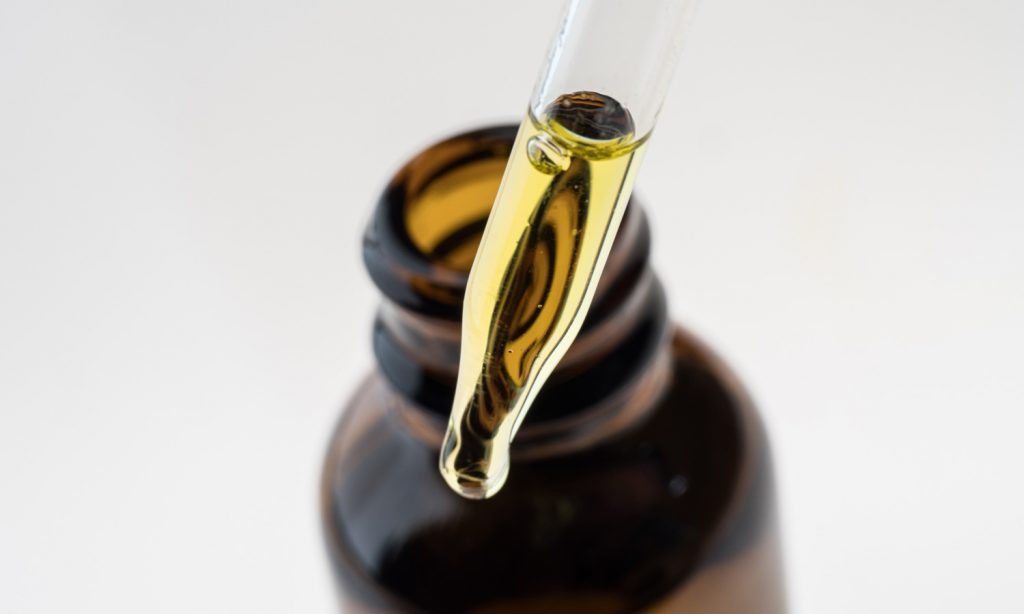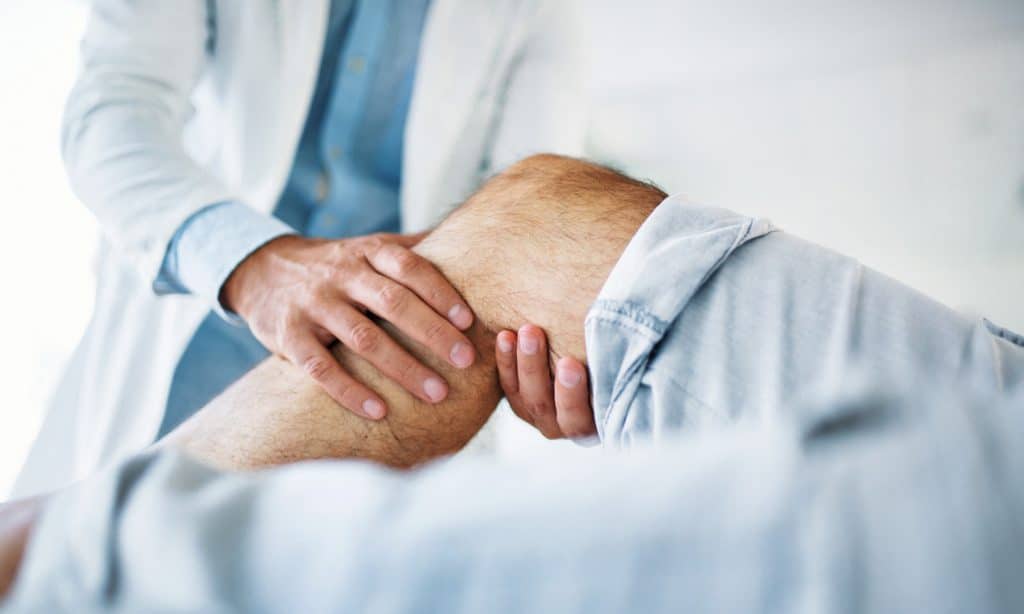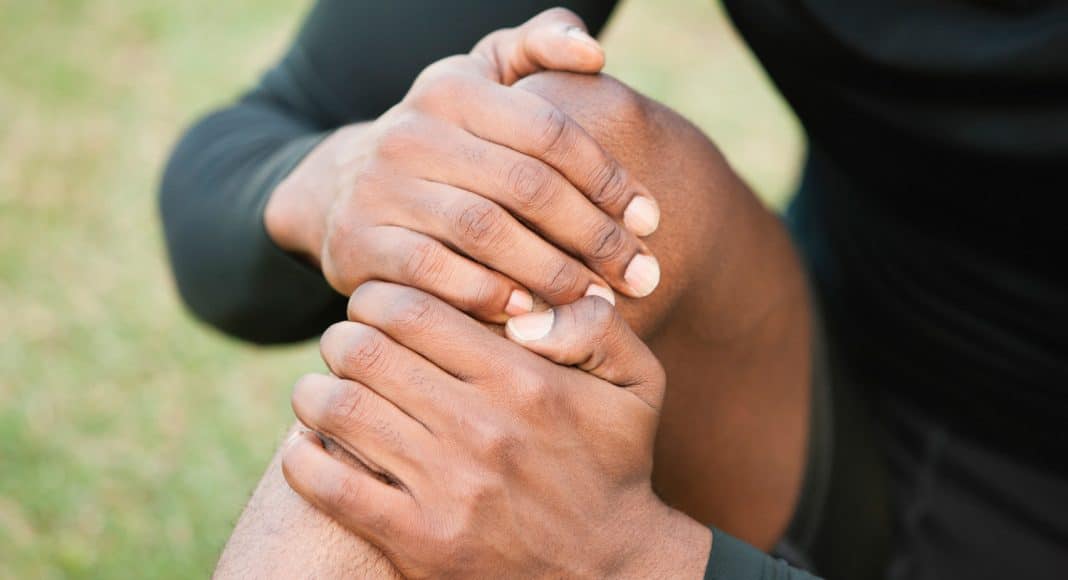Multiple studies have showcased that THC and CBD offer an alternative to opioids and other pain medicines.
With knee pain, everything seems to be a chore. From climbing stairs, to getting in-and-out of the car, individuals that suffer from prolonged knee soreness and discomfort often benefit from surgery, with many stating that after-care can be almost as difficult as the pain itself. In fact, Googling “knee surgery aftercare” often brings up results in how to avoid surgery altogether.
However, delaying surgery can have subtle effects that patients often don’t realize. BoneSmart, a website by AESCULAP Implant Systems, found research on why delaying surgery could bring additional complications. From a risk of deformities to the increased inability to manage pain, BoneSmart also found that delaying the procedure could prolong time under anesthesia.
The Arthritis Foundation also echoed the research of others like BoneSmart on the internet but added the caveat that most patients could make an informed decision with knowledge of weighing the pros and cons of having immediate surgery or choosing to delay the procedure.
Additionally, the Foundation shared a study by the Agency for Healthcare Research and Quality, showcasing the fact that demand for the total knee replacement procedure has been steadily rising since 2011, as has patient questions about avoiding opioid addiction and additional therapies available in after care.
RELATED: Why These 4 Professional Athletes Use CBD To Manage Pain
Multiple studies have shown that THC and CBD offer an alternative to opioids and other pain medicines but often patients don’t know where to look for proven studies on the effects of cannabis on pain within the body. As Brandon May from Clinical Pain Advisor shares, “Research examining the therapeutic effects of CBD remains limited, as the majority of clinical studies focus on THC, which binds CB1 receptors rather than on CBD itself.”

The role of THC and CBD
With America being slow to warm to understanding cannabis’s role in medicine, a clinical trial sponsored by McMaster University in Canada is looking into the role of cannabis in post-surgical pain. In their trial brief, they explain:
“Medicinal cannabis has begun to emerge as a potential therapy for pain reduction and produces effects largely due to 2 active components: (1) cannabidiol (CBD), and (2) tetrahydrocannabinol (THC). Studies of CBD have shown analgesic, anti-inflammatory, and anti-anxiety properties, but without the psychoactive effects (feeling ‘high’) that THC produces. This study will assess the feasibility of a definitive trial to explore whether adding CBD vs. placebo to usual care before and after surgery can reduce the rate of persistent post-surgical pain after total knee replacement. This study will randomize 40 patients to receive either CBD or placebo and follow them for six months to confirm our ability to recruit patients, adhere to protocol, and capture full outcome data for at least 90% of patients.”
As the U.S. continues to struggle in hosting trials and studies due to the classification of cannabis, pressure continues to mount on all involved in healthcare to explore additional therapies.
How technology is improving patient outcomes
With many patients choosing to move forward with surgery, there seems to be a feeling of apprehension of what to expect after, as each individual’s recovery plan is usually customized. Medicare’s Comprehensive Care for Joint Replacement Model started recommending immediate discharge after surgery instead of placing patients in after-care facilities, which some say has added depth to the opioid-epidemic for those unable to discontinue pain medicine at proper times.
Dr. Michael Suk, chair of Geisinger’s Musculoskeletal Institute, shared recently with Modern Healthcare that while after-surgery care is set individually with each patient, certain best practices are a guideline. These include timeframes for check-ins with the health care team and offering specific resources for education. Noticing a need to offer home-bound patients a way to connect to resources throughout their recovery, Dr. Suk and his team partnered with Force Therapeutics to offer an app that allows patients to not only have touchpoints with nurses and gives access to detailed care plans. Geisinger’s strategic partnership has helped create big cost savings, and helped patients feel empowered.
Other technologists and entrepreneurs have taken notice of recent trends in helping patients stay connected after surgery. The MyMobility app has been rolled out at Hoag Orthopedic Institute to allow patients to showcase their rehabilitation statistics (steps taken, amount of time spent in activity) so the care team can make further recommendations for follow-up care.
RELATED: How Rock Climbers Can Use Marijuana In Recovery And Training
Technology is helping care teams to better align best practices with patients who may need extra support or experience hesitation at completing physical therapy at home with the added bonus that more frequent communication may help identity an opioid addiction, with more eyes and ears on care. However, patients must feel empowered to share that they are dependent on opioids, which often is kept silent due to a myriad of reasons.

Tackling opioid addictions after surgery
A 2018 report looked at opioid use after knee replacement surgery and found:
- While the number of opioid pills prescribed is dropping from 85 pills to 82, surgeons often feel pressure to prescribe more opioids than they feel are necessary.
- Patients were often prescribed more than double the 20 morphine milligram equivalents (MMEs) dose when many were given opioids of 50+ MMEs, which poses not only an overdose risk, but could lead to complications to the liver and body.
- Most interesting, patients undergoing a knee replacement surgery reported an incidence of later dependence of 15.2% versus the overall average of 12%, (an increase from a rate of 9% of a 2017 study.)
With opioid addiction facing unprecedented scrutiny, doctors and rehabilitation specialists are not only looking to new technologies to combat a dependence on painkillers, but also demonstrating a want to understand new ways of treating ancient issues of pain.
Here’s the bottom line
“Survey data indicates that the use of cannabis is common among patients with chronic pain[2] and patients who use it for this indication typically report it to be an effective treatment.[3] Majorities further report that cannabis possesses fewer side effects than conventional pain medications and that it provides greater symptom management than opioids.[4]” (NORML.org)
NORML, a national organization committed to revamping the U.S.’ marijuana believes in the power of cannabis in relieving pain and other organizations are starting to post their own guides for patients. The Arthritis Foundation, The Rheumatoid Arthritis Support Network, and many more organizations are starting to give their members new information on CBD and THC for pain. Even more, other studies are popping up from around the world, hoping to recruit individuals who are recovering from knee surgery to identify the benefits of THC and CBD in after-care.
If you’re readying for surgery, consider discussing CBD and THC with your medical practitioner and care team. Not only might the compounds play a role in decreasing a long-term dependence on opioids, but they may also provide other benefits as well.


